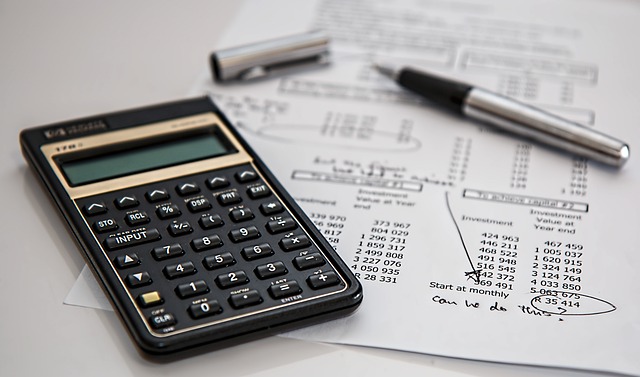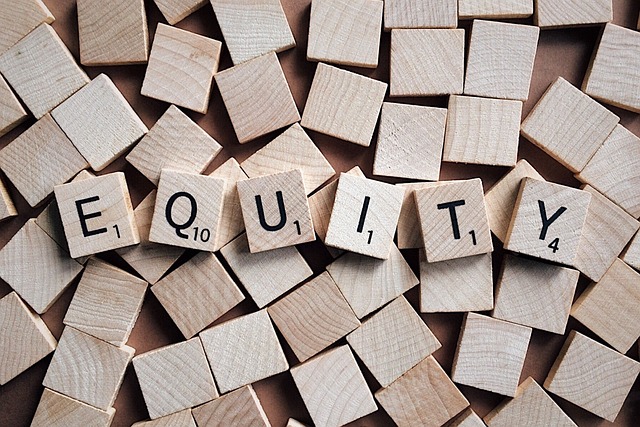
Photo credit: Pixabay
What are the Differences between Debtor and Creditor
Debtor and Creditor are two commonly used terms in accounting and finance.
Debtor is an individual or entity that owes money to another individual or entity. In other words, a debtor is a person who has borrowed money or received goods or services on credit and has an obligation to repay the debt.
Creditor is an individual or entity that is owed money by another individual or entity. In other words, a creditor is a person who has lent money or provided goods or services on credit and has a claim to be repaid on the debt.
The main difference between debtors and creditors is their rights and obligations. A debtor owes a creditor, and a creditor gives debt to the debtor.
In accounting terms, creditor's right to collect debts from the debtor is an asset, and the debtor's obligation to pay the debt is a liability. The debtor's accounts are usually listed as an assets in the balance sheet of the creditor. While creditor accounts are usually listed as liabilities in the balance sheet of the debtor.
It is also important to note that debtors and creditors are often paired in business transactions. For example, when a company sells goods or services to a customer on credit, the customer becomes the debtor, and the company becomes the creditor. Similarly, when a company borrows money from a bank, the company becomes the debtor, and the bank becomes the creditor.







